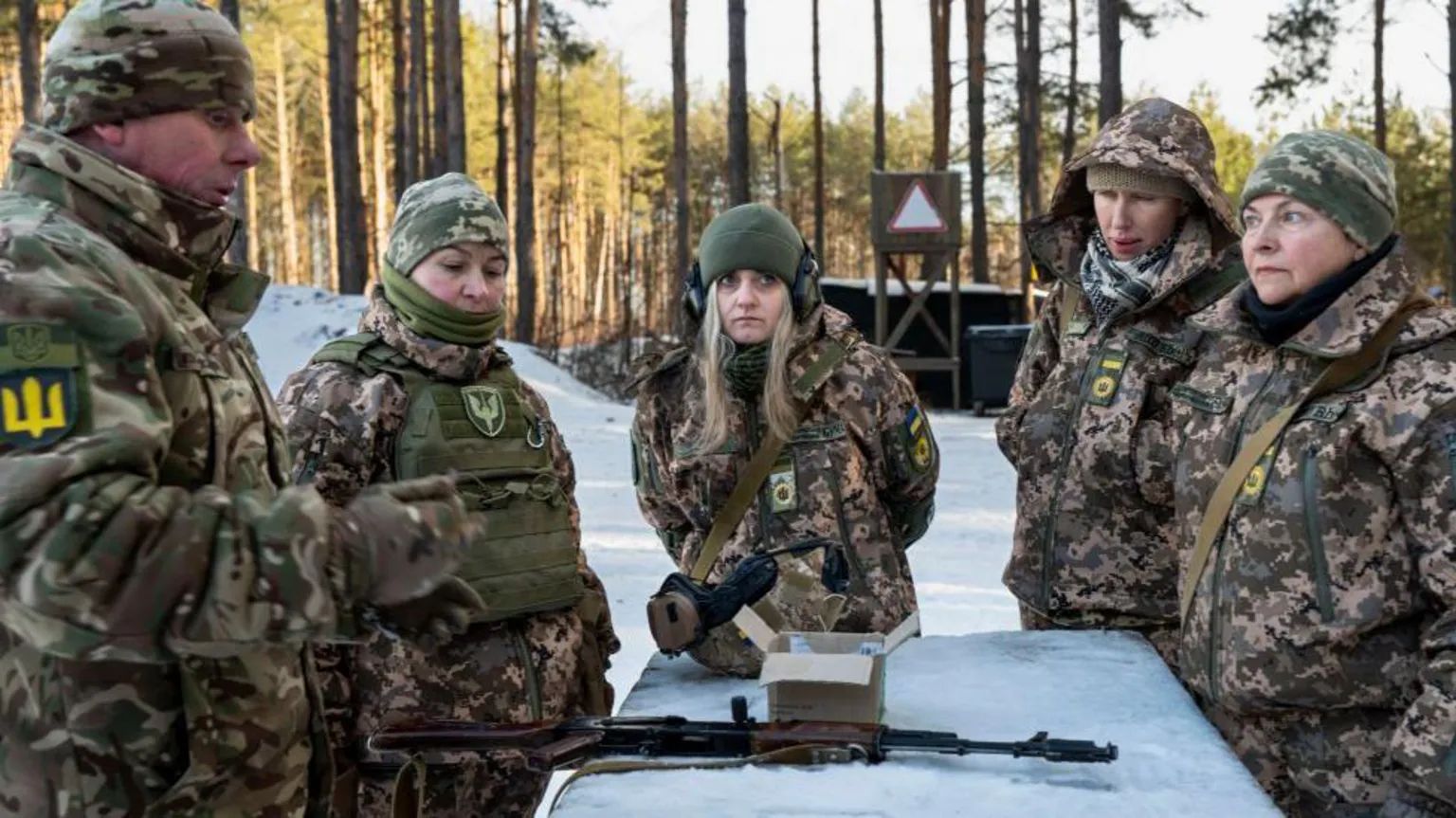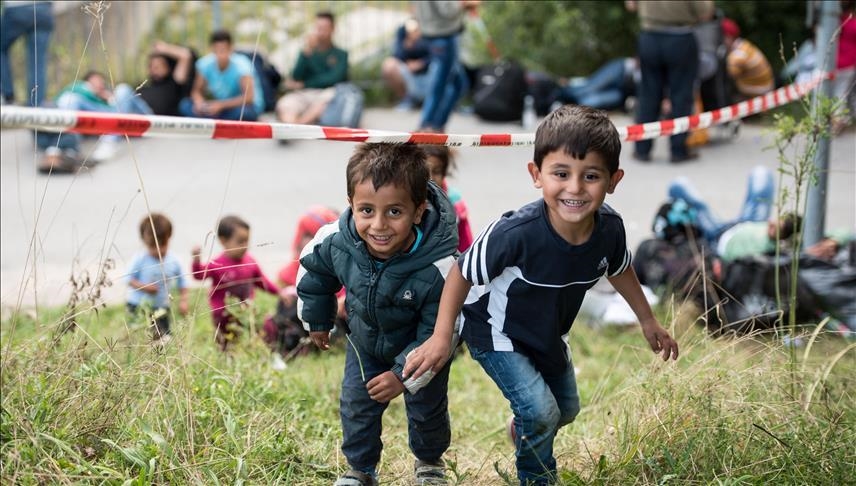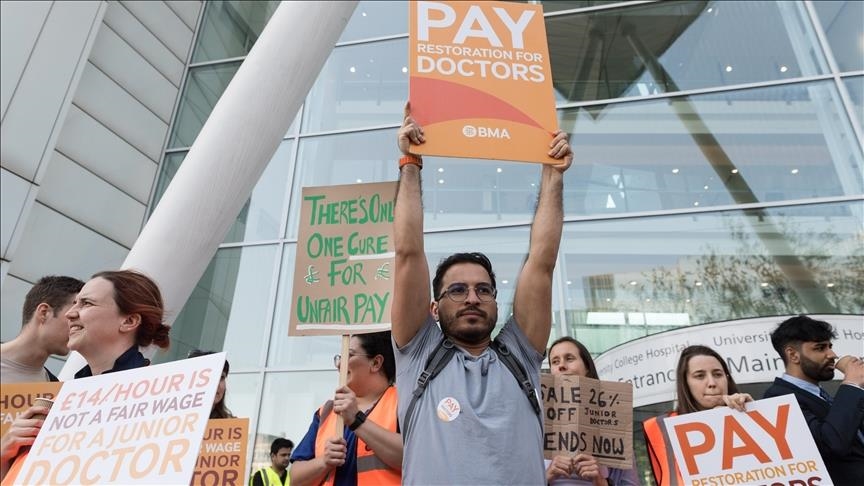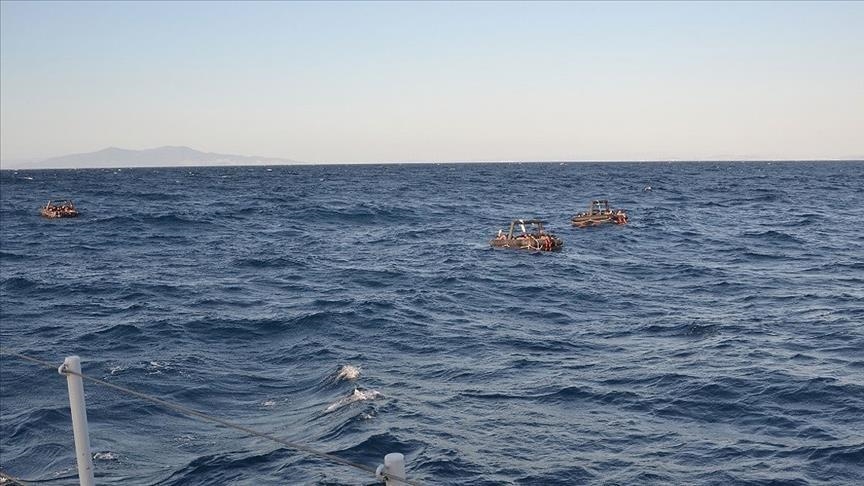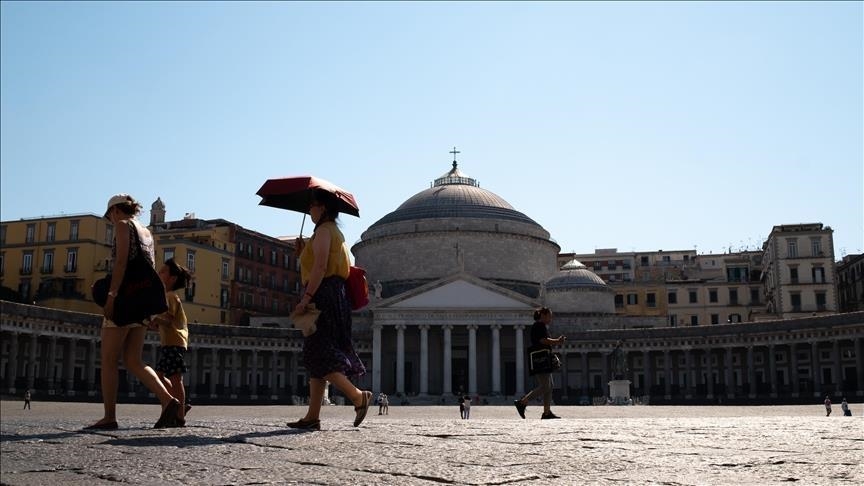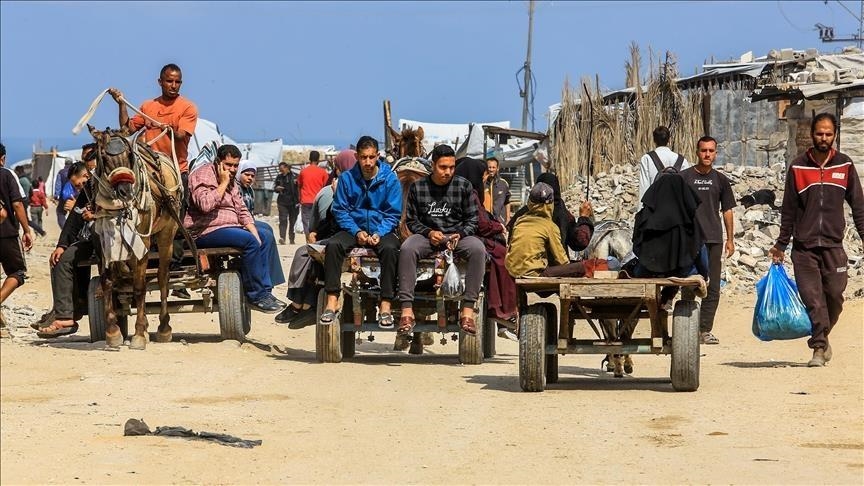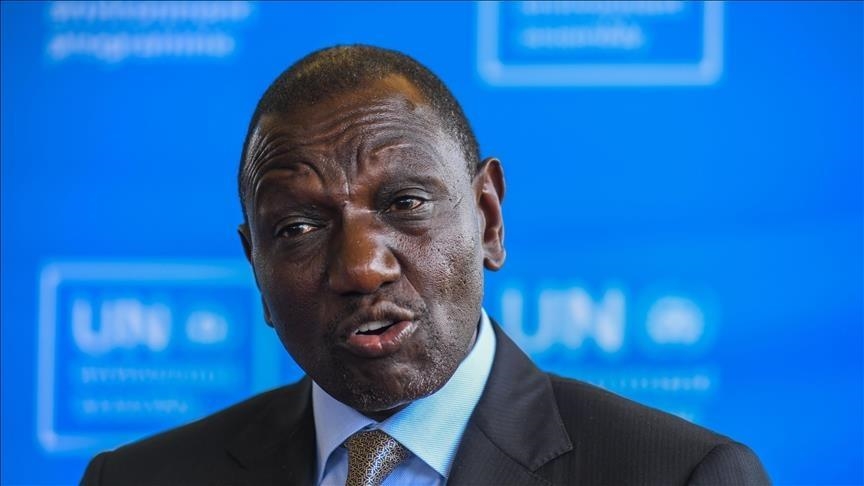Donald Trump’s special envoy, Steve Witkoff, and senior U.S. diplomat Marco Rubio are set to hold high-stakes talks in Paris today with their European counterparts, aimed at advancing efforts to end the war in Ukraine. UK Foreign Secretary David Lammy will also be at the table, marking the most significant transatlantic diplomatic engagement on the conflict since February.
In recent months, the U.S. has been notably slow to consult its European allies on Ukraine, making Thursday’s meetings significant — if for no other reason than the fact that they are happening at all. Witkoff and Rubio are expected to meet with French President Emmanuel Macron and his senior advisers, underlining the seriousness of the discussions.
Following those talks, the U.S. Secretary of State will join Lammy, as well as French and German foreign ministers, for further meetings. National security advisers from across Europe will also be involved, highlighting the high-level nature of the dialogue.
According to the U.S. State Department, the talks will focus on finding a path to ending the fighting in Ukraine. Witkoff is expected to brief allies on his recent meeting with Russian President Vladimir Putin — a rare and controversial engagement. Meanwhile, European diplomats have indicated they will press Washington to increase pressure on Moscow and push for an unconditional ceasefire.
Key discussions are expected to center on crafting strategies that would not only halt the violence but also lead to a long-term resolution, addressing the broader geopolitical implications of the war. Witkoff, a senior diplomat, is anticipated to provide a briefing to his allies about his recent, highly controversial meeting with Russian President Vladimir Putin. This rare encounter has drawn significant attention due to its unexpected nature, with many viewing it as a delicate and risky move in the already volatile landscape of international relations. His insights are expected to offer valuable perspectives on the Russian leadership’s stance and potential willingness to engage in peace talks.
Meanwhile, European diplomats have signaled that they will seize this opportunity to press Washington to increase its diplomatic and economic pressure on Moscow. They are expected to strongly advocate for a more assertive approach, urging the U.S. to push for a ceasefire agreement without preconditions. The European Union is particularly concerned about the continued escalation of the conflict and its impact on the region, both politically and economically. As a result, there is a concerted effort to coordinate a unified stance among Western allies that combines military support for Ukraine with stronger diplomatic measures aimed at forcing Russia into negotiations.
This high-stakes diplomatic dialogue underscores the urgency of finding a resolution to a war that has not only devastated Ukraine but has also deeply affected global stability, energy markets, and international alliances.
Madina Mammadova\\EDnews

